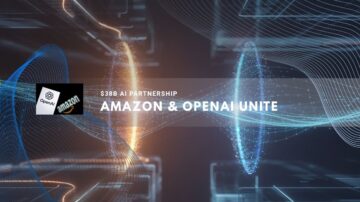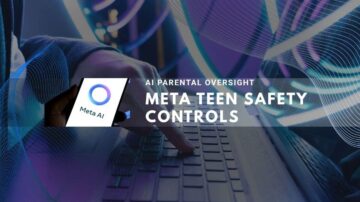
OpenAI Safe Artificial General Intelligence for Everyone
Source: Openai
OpenAI began in December 2015 as a non-profit research laboratory with one guiding purpose: build artificial general intelligence that is safe, beneficial, and broadly distributed. Founded by Sam Altman, Elon Musk, Ilya Sutskever, Greg Brockman and others, the organization pledged to publish openly and share discoveries so society could shape powerful new technology together.
The team quickly realized that scaling deep learning systems required more compute and capital than a charity model could sustain. In 2019 OpenAI restructured into a “capped-profit” company: investors can earn up to one hundred times their stake, after which additional value flows back to humanity. This hybrid design keeps incentives aligned with the original mission while attracting the talent and hardware needed to train frontier models.
Safety sits at the center of every project. Before any large model is released it undergoes red-team probing, bias evaluation and capability testing. Researchers publish alignment techniques such as reinforcement learning from human feedback, constitutional AI and scalable oversight so the wider community can iterate on guardrails. Internal policy teams also work with governments, standards bodies and civil society to translate lab insights into regulation and best practice.
Products serve as proving grounds for safety research. GPT-3 and GPT-4 power the ChatGPT interface used by millions, offering real-time feedback on misuse, factual errors and edge cases. DALL-E explores visual generation risks, while Codex reveals how automation affects software labor. Each deployment is accompanied by model cards, usage policies and rapid-cycle updates that close loopholes within hours, not months.
Beyond language and vision, OpenAI funds robotics, gaming and scientific computing projects that test generalization. Teams have trained agents to defeat world champions at Dota 2 and to solve complex protein folding puzzles, demonstrating emergent strategies without hand-coded rules. Insights from these domains feed back into alignment research, creating a virtuous loop between capability and safety.
Education and access remain core commitments. The OpenAI API credits program supports researchers, startups and nonprofits that could not otherwise afford frontier compute. Policy papers are released under permissive licenses, and weekly safety newsletters distill key findings into language lawmakers can digest. By pairing open knowledge with responsible deployment, OpenAI aims to ensure that when AGI arrives, its benefits reach everyone and its risks are understood by all.
Coverage Areas for Openai
All Articles from Openai


OpenAI and AWS Secure 38 Billion Seven Year Partnership


Meta Introduces Comprehensive Parental Controls for Teen AI Chatbots

Amazon Increases Fulfillment and Referral Fees for 2026
